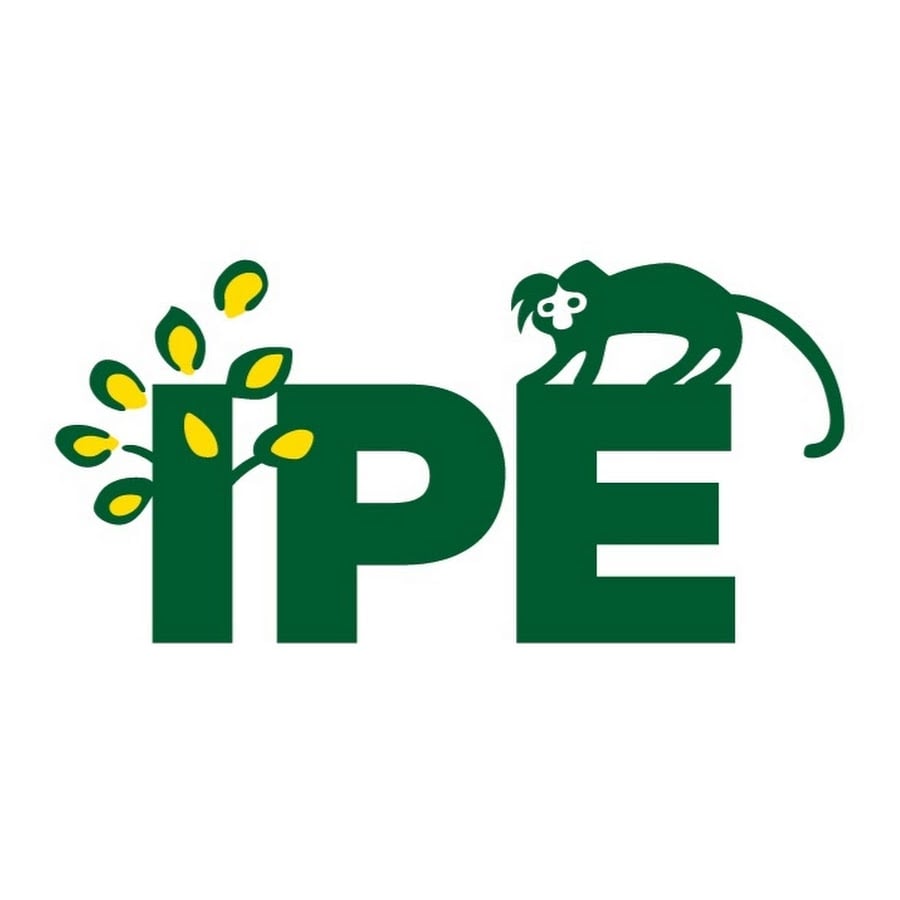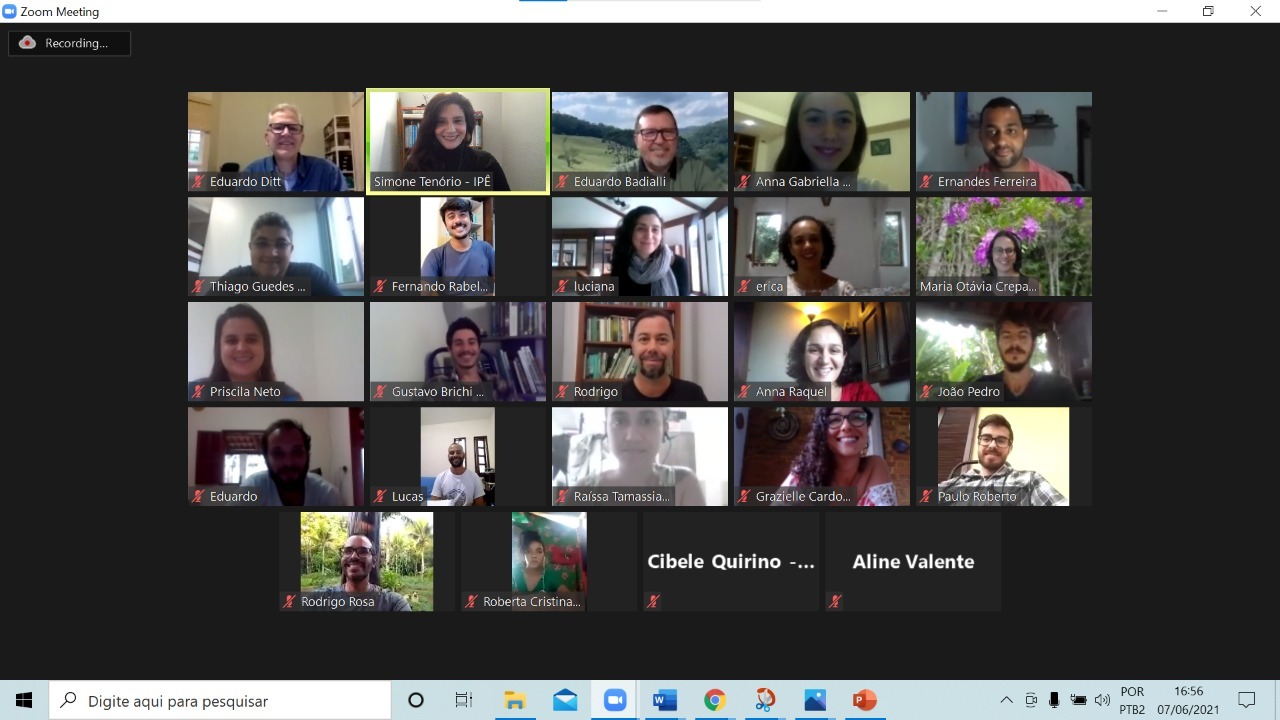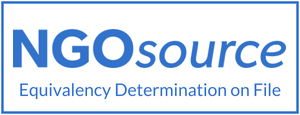::cck::788::/cck::
::introtext::
Until September, about 20 professionals working in southern Bahia will participate in the Environmental and Productive Adequacy in Rural Properties course, with 90 hours of duration.
The initiative seeks to empower people to develop low-impact agriculture. It is the result of a network construction between ESCAS – Escola Superior de Conservação Ambiental e Sustentabilidade (School of Environmental Conservation and Sustainability), IPÊ – Instituto de Pesquisas Ecológicas (Institute for Ecological Research), ELTI – Environmental Leadership & Training Initiative, of the Yale University School of Forestry, and Federal University of Southern Bahia (UFSB).
“Nowadays, it is very necessary to increasingly stimulate the creation and development of leaders in the agricultural extension field, which is something of great importance for the country, especially if carried out with agroecological bases,” says Simone Tenório, who coordinates the initiative with researcher Maria Otávia Crepaldi, both from IPÊ.
The course aims to expand the knowledge necessary for agricultural extension in the present times and foster the sharing of knowledge, bearing in mind the implementation of practical actions in the region. Because of the pandemic, the course is online, but its program has been designed towards practical exercises. Students have a strong performance in the region, which also has the potential to strengthen networking.
“In addition to the students of NEA – Núcleo de Estudos e Pesquisas em Agroecologia e Produção Orgânica Pau Brasil (Center for Studies and Research in Agroecology and Organic Production), from the Federal University of Southern Bahia (UFSB), we invited some participants who work in the region as extensionists, technicians or even analysts in the agriculture, forestry or environmental fields, that were recommended by the following institutions: Programa Arboretum (Arboretum Program), Rede de Povos da Mata Atlântica (Atlantic Forest Poeples Network), Instituto Floresta Viva (Living Forest Institute), Ciclos, Secretaria de Agricultura da Bahia (Bahia’s Department of Agriculture), IPEF – Instituto de Pesquisas e Estudos Florestais (Institute of Forestry Research and Studies), Instituto Mãe Terra (Mother Earth Institute) and Instituto Arapyaú (Arapyaú Institute). For extension students of UFSB, the course integrates the pedagogical project of Residence in agroecological practices and counts as credit”, adds Maria Otávia.
Key topics discussed are: Climate, agriculture, agroecology and public policies to encourage rural producers; Environmental planning and adequacy; Agricultural extension and participatory planning; Agroforestry systems; Silvopastoral systems, Native forestry; Ecological restoration and monitoring; Biodiversity conservation; Certification (carbon and organic); Rural business management; Practices in environmental and productive adequacy.
The opening of the course featured the master class with Carlos Klink, a reference in land use, climate change, green financing and partnerships.
Partnership for sustainable development in southern Bahia
ELTI operates in Brazil, Colombia, Panama, the Philippines and Indonesia, through a network of partnerships with civil society organizations. The new partnership with ESCAS-IPÊ and UFSB is an innovation for all organizations, and brings together the expertise and the the purpose of taking education on rural techniques and sustainability to more and more people in various parts of Brazil. “I thank everyone involved in this project. This is a new course for us as well, developed within this new phase of partnerships”, commented Eva Garen, director of ELTI.
Biologist Saskia Santamaría, associated with the Neotropics Training Program, ELTI/Panama, highlighted the importance of adding varied knowledge. “This is our 26th course, through which we aim to align the theoretical components with application in the field. We have partners that help us adapt their knowledge according to each reality. In addition to the courses, we also provide technical support and mentoring for the effective implementation in the field of what has been learned”.
More than 8,100 leaders have already participated in the courses developed by ELTI along with its partners. The Yale Initiative has an open library with more than 800 publications in the field of tropical restoration in Portuguese, English, French and Spanish.
::/introtext::
::fulltext::::/fulltext::
::cck::788::/cck::


